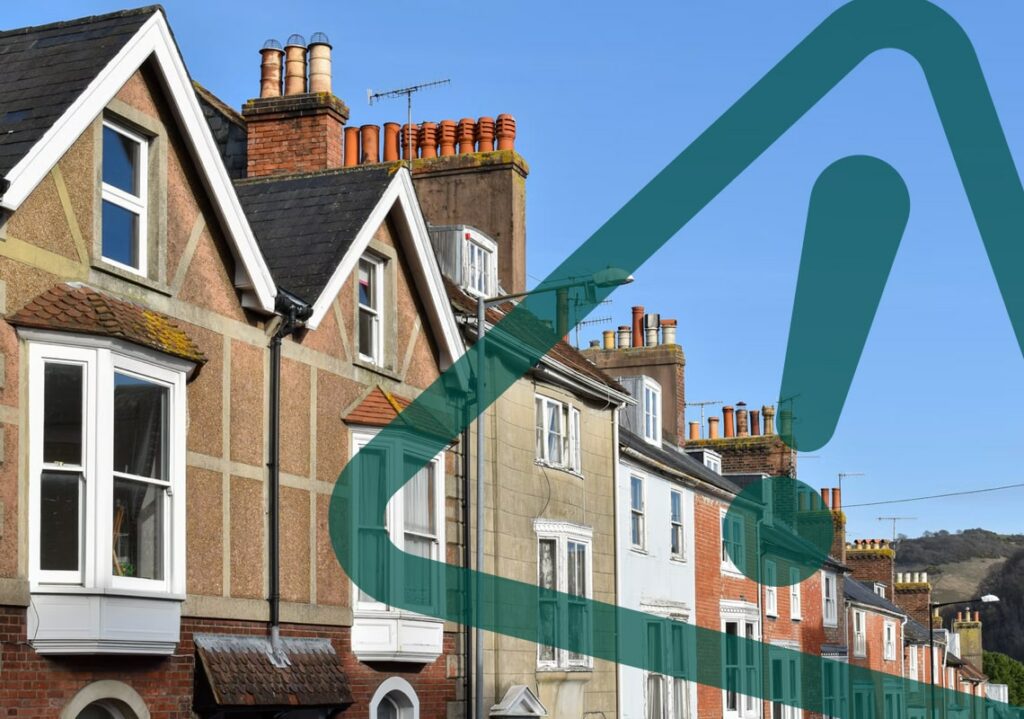The energy price cap is finally upon us. From the 1st of April, many UK households can expect to see their energy bills rocket by an additional £693 a year. Unfortunately, even more energy-related charges and expenses are set to come into effect across the coming year due to the UK’s carbon emissions targets, global energy shortages, and the ongoing Russia-Ukraine conflict.
These energy hikes have made it more important than ever before for UK households to use more eco-friendly and secure energy sources. Insulation upgrades and positive energy saving habits are becoming increasingly essential for families to effectively tackle the rising cost of living.
The energy price cap – what is it and how does it work?
The price cap is a government backstop designed to limit how much energy firms can charge UK households for each unit of gas or electricity they use. The cap is essentially there to protect customers who are on a supplier’s basic default energy tariff, ensuring they receive a fair price and that households see savings when supply costs fall.
By lifting the price cap, energy suppliers are no longer bound by an upper limit on what they can charge. With the current energy cap lasting until 31 March, many households can now expect to see their energy bills rise by 54% on 1 April 2022. To put this into perspective, the energy price cap is set to increase from £1,277 to £1,971 per year for those paying by direct debit. This will result in a £693 hike on an average household bill.
It’s important to note that these changes will only affect households on standard and default tariffs.
When will the energy price cap change again?
The energy price cap is updated twice a year by Ofgem, which are referred to as the summer and winter price caps. Updated caps are based on average energy wholesale prices in the months leading up to the change.
2022’s summer price cap will come into effect on 1 April 2022 and will see energy bills rise by as much as 54%. The winter price cap will be announced in August and the new rates will take effect on 1 October.
Due to ongoing high global gas prices, which have been further exacerbated by the Russia-Ukraine conflict, UK households are in all likelihood set to face a further 24% energy price hike come October. This would average more than £2,450 a year on typical use.
What is the Leaky Homes Surcharge?
Unfortunately, even more concerning news has emerged relating to UK energy bills and the cost of living.
Over and above the looming energy price hikes, reports have revealed that nearly 6 million families across the UK will face a “leaky homes surcharge” as from the 1 April. This surcharge will hit households with an E-rating or worse on their energy performance certificate (EPC). The EPC ranks how energy efficient a building is on a scale from A to G.
As a result of the leaky homes surcharge, families could see their annual energy bills increase by a minimum of £320, when compared to families living in a home with a C-rating. F or G-rated homes, of which there are an estimated 1.5 million across the country, could face extra costs of £390 a year.
The leaky homes surcharge is designed to combat the UK’s longstanding failures to properly insulate houses. Because energy inefficient homes are a major contributor to carbon emissions, the UK is currently not on track to meet its decarbonisation targets. This is why the government is increasing pressure to drop emissions from residential buildings to 44% by 2035. The leaky homes surcharge was created to incentivise more households to improve their energy efficiency through insulation upgrades.
As it is typically low-income homeowners who live houses with an EPC rating of E or worse, these families will be the ones likely to incur these additional costs. Reports indicate that currently, 72% of low-income households require energy efficiency upgrades. Furthermore, the potential insulation expenses to upgrade these properties are estimated to cost around £8,600. This is calculated to be just £500 less than these homeowners’ annual incomes after housing costs.
The Government’s Energy Bills Rebate
Recognising that increasing cost of living pressures are a major concern among UK households, the Government has announced an Energy Bills Rebate. This plan will provide millions of households with a series of discounts and rebates to help with the cost of living following the rise in the energy price cap.
Some 28 million households will receive an upfront discount on their bills worth £200. Energy suppliers will apply the discount to domestic electricity customers from October, with the Government meeting the costs. The discount will then be automatically recovered from people’s bills in equal £40 instalments over the next five years. This will begin from 2023, when global wholesale gas prices are expected to come down.
Furthermore, households that fall under council tax bands A-D will also receive a £150 rebate from April 2022. This one-off payment will benefit around 80% of all homes in England.
All in all, UK households can look forward to receiving up to £350 to put towards their energy bills.
5 simple steps to better prepare yourself for the upcoming energy price hikes
With the cost of living rising so sharply, it’s no wonder that many families are worried about how they’re going to manage their energy bills.
By following these simple steps, you can gain greater control over your energy habits and save on your household bills.
Contact your energy supplier
If you are struggling to pay your energy bills, then you’re encouraged to contact your energy supplier as soon as possible. Depending on your circumstances, you may be eligible for extra help with your energy bills. Help could range from debt repayment plans, payment breaks, and emergency credit for prepayment metered customers. Energy suppliers can even offer you assistance and support with schemes like the Winter Fuel Payment and Warm Home Discount rebate.
Use a smart meter
A smart meter is a great way to monitor your energy usage around the house on a daily basis. This will provide you with a clear insight into your energy habits and whether any appliances are proving to be particularly energy draining. You can use this information to reduce your energy consumption and keep your spending under control.
Improve your energy consumption habits
From reducing your thermostat to installing a water-saving showerhead, there are many simple changes you can implement around the home to help you reduce your energy bills. Explore our top 10 easy-to-apply changes that could help you save big on your energy bills
Save on other household bills
If reducing your energy bills is proving difficult, it may be worth considering cutting costs on other monthly expenses around the house. Simple changes to your mobile, TV, and broadband agreements may help reduce your overall expenses to help you cover rising energy bills.
Invest in quality insulation
Sometimes you may need to spend a little to save big. Insulation upgrades are certainly the most efficient way to improve your home’s EPC rating and protect yourself against the leaky homes surcharge. There are a range of insulation measures you can look into, including cavity wall insulation, room in roof insulation, pitched roof insulation, underfloor insulation, and more.
Explore our in-depth guides to better understand which insulation upgrades are right for your property:
> Everything you need to know about insulating your home
> Pitched roof insulation
> Cavity wall insulation
> Room in roof insulation
> Underfloor insulation
Better yet, get in touch with SmartStone today. We can arrange a FREE home energy audit to identify the best energy and insulation measures to help you significantly reduce your energy bills.



